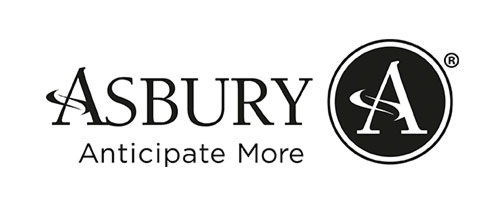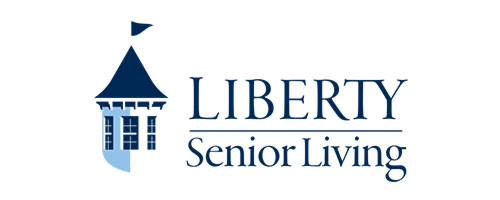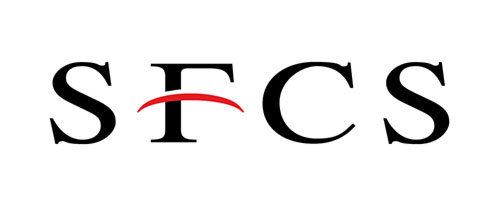Preparing the active older adult for surgery
How can you help older adults prepare for an upcoming surgery to maximize their chances for a successful and quick recovery? Active aging professionals should understand innovations that can benefit older adults, and it is especially important to know how new nutrition protocols can help older adults boost their recovery after scheduled surgeries.
Good nutrition is often overlooked prior to surgery. However, older adults who are malnourished before surgery have significantly worse clinical outcomes and an increased risk of complications. Nutrition care must start early to optimize a patient's nutritional health in preparation for the demands of surgery.
Pre-surgery nutrition care has changed
Nutrition may not be something people think about as they prepare for a surgery, especially because patients have often been told to not eat right before or after a scheduled surgery. Until recently, it was believed that the bowel needed to be at rest prior to surgery. After a surgery, food was often withheld-sometimes for several days-until "normal bowel function returned."
However, current research shows that eating close to surgery and soon after surgery is indeed safe and that recovery can actually be enhanced by following a nutrition protocol known as Enhanced Recovery After Surgery (ERAS).

The ERAS protocol
The ERAS protocol focuses on optimizing recovery and has led to remarkable improvements in the care and outcomes of patients undergoing a scheduled surgery. Key parts of the ERAS protocol address both pre- and post-operation care to improve outcomes.
- Preoperative nutrition interventions: solid foods up to six hours and liquids up to two hours before the surgery and a special clear carbohydrate beverage given up to two hours before surgery.
- Postoperative nutrition interventions: stimulation of gut motility through early oral or tube feeding.
Why is it beneficial to follow the ERAS protocol?
As stated above, current research shows it is safe to eat before and after surgery. A clear liquid carbohydrate beverage up to two hours before surgery helps reduce insulin resistance and improve patient comfort. Nutrition given soon after a surgery promotes a patient's sense of well-being, helps preserve nutrition status and contributes to a quicker recovery. Studies demonstrate that eating as early as six to eight hours after surgery is safe.
Older adults should talk to their surgeons about how the ERAS protocol may help boost recovery. To make the ERAS protocol easier to follow, specialized nutrition products are available for use both before and after the operation. Pre-surgery products are clear liquids that contain carbohydrates and antioxidants to be consumed according to the ERAS protocol. In addition, supplements designed to be taken five to seven days before and after surgery offer a unique blend of nutrition that helps support the immune system and boost recovery times.
Want to learn more?
- The Abbott Nutrition Health Institute (ANHI) offers a course describing how the aging process can affect surgical outcomes and highlighting the role of nutrition in ERAS.
- The ERAS Cardiac Society makes recommendations for implementing the ERAS protocol before, during and after heart surgeries.
- The ERAS Society has developed specific guidelines for implementing the ERAS protocol in many other types of surgeries.
When active aging professionals become knowledgeable about enhanced surgery recovery practices, they can educate their older adult clients about the benefits and recommend that they talk to their healthcare professionals to learn more. Following an ERAS protocol may help older adults recover more successfully from surgery and get back to being active sooner!
Julie Richards, MS, RDN, LD is a consultant at Abbott Nutrition in Columbus, OH.
Note: This information is not intended to replace a one-on-one relationship with a qualified healthcare professional and is not intended as medical advice. It is intended as a sharing of knowledge and information from research. The view expressed here are not necessarily those of the ICAA, we encourage you to make your own health and business decisions based upon your research and in partnership with a qualified professional.
Share
































